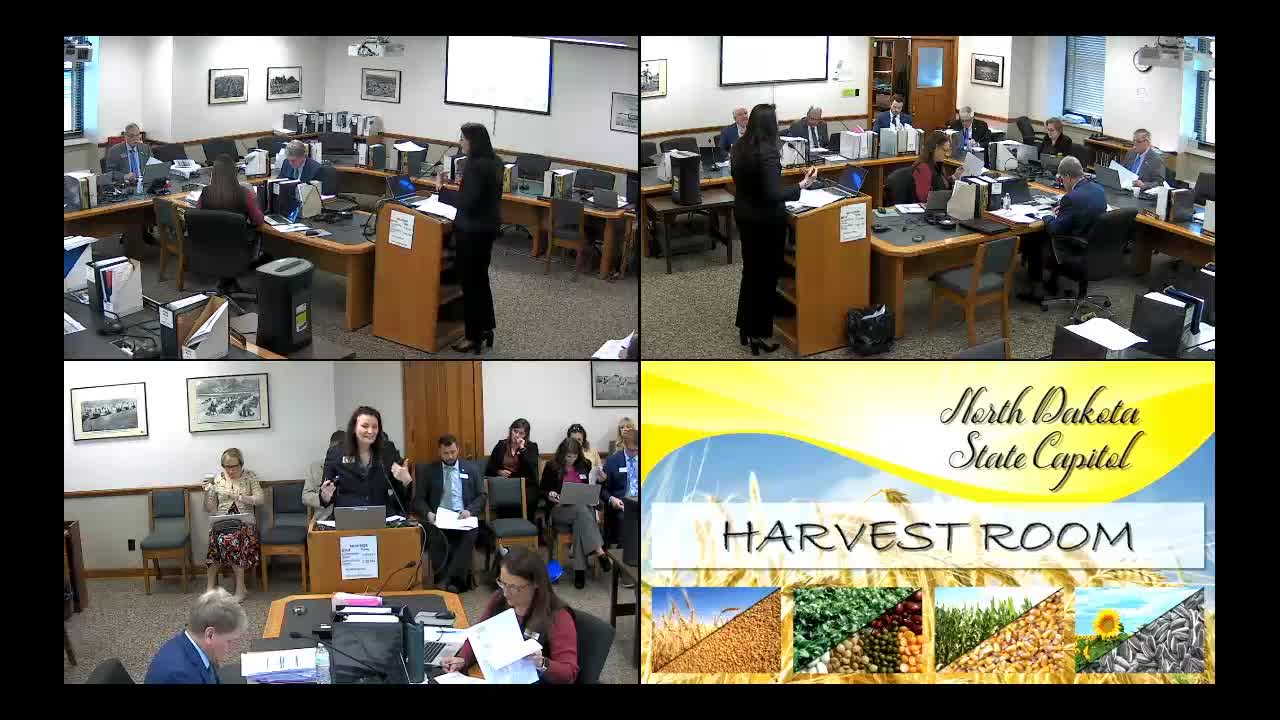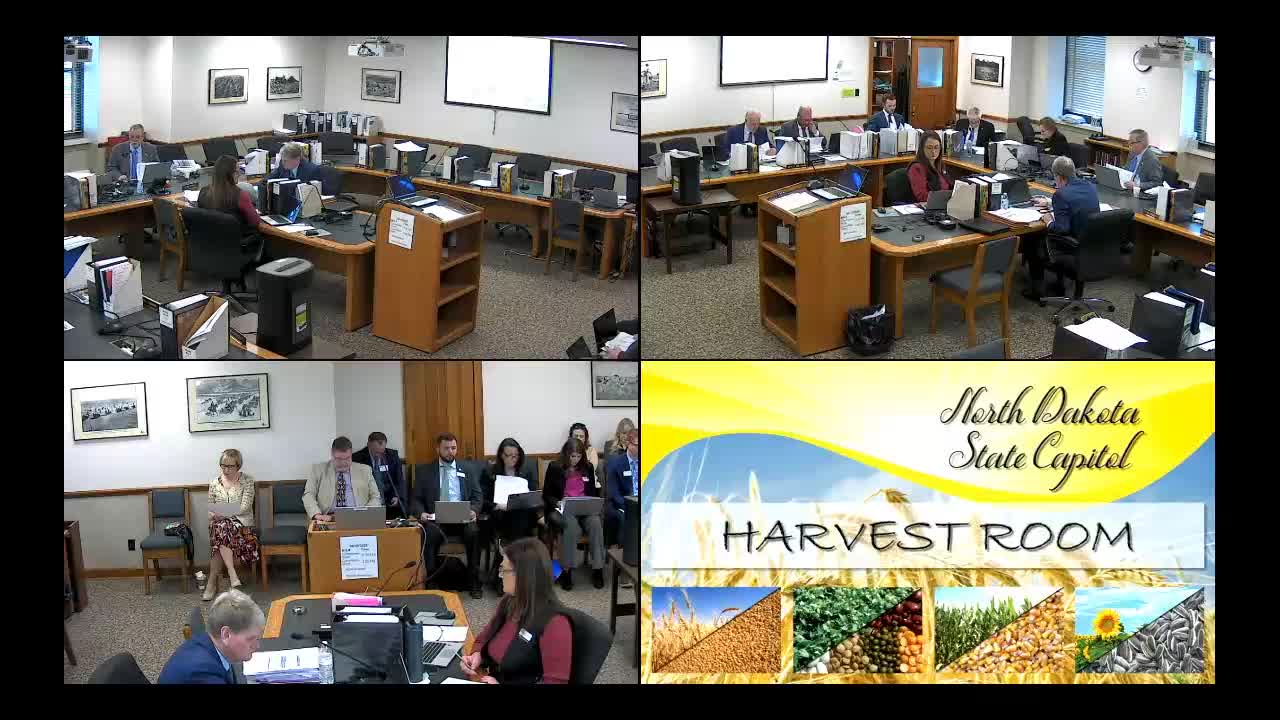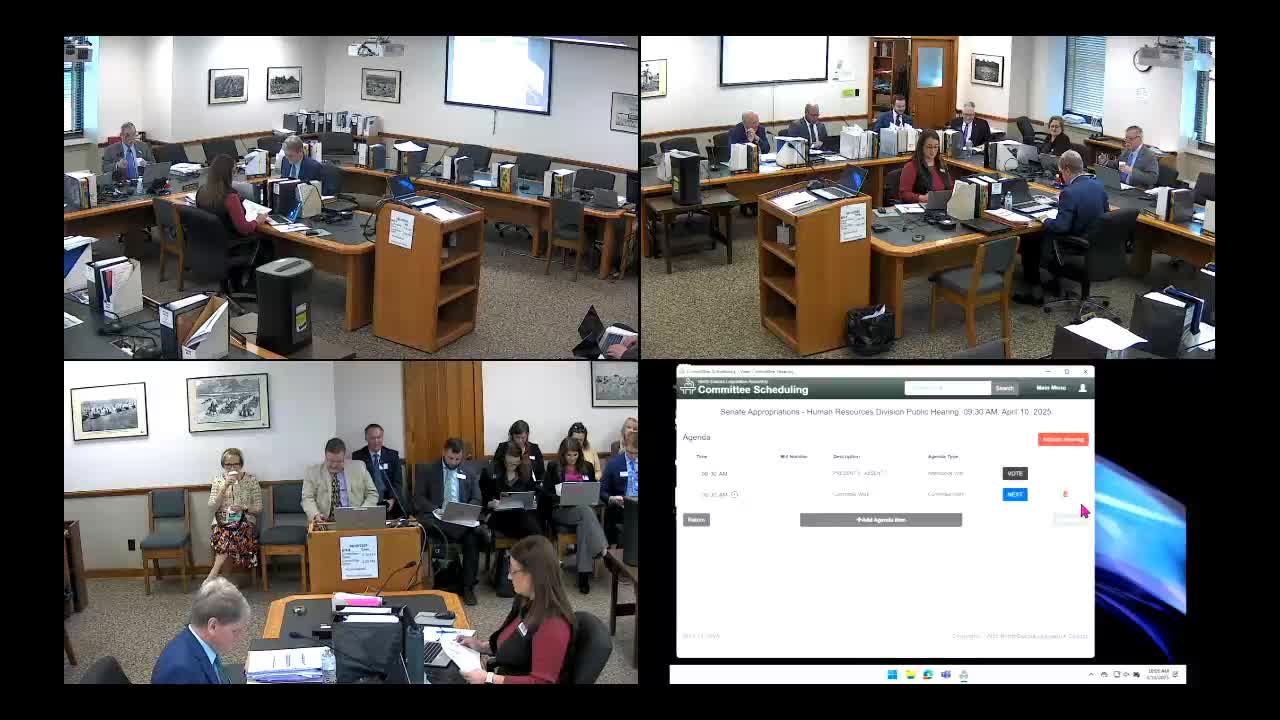Article not found
This article is no longer available. But don't worry—we've gathered other articles that discuss the same topic.

Committee directs $60 million reduction in other-funds authority after federal COVID funding drop; staff to track FMAP change

Panel agrees to compromise inflator of 2% then 1.5% for provider rates pending final numbers

